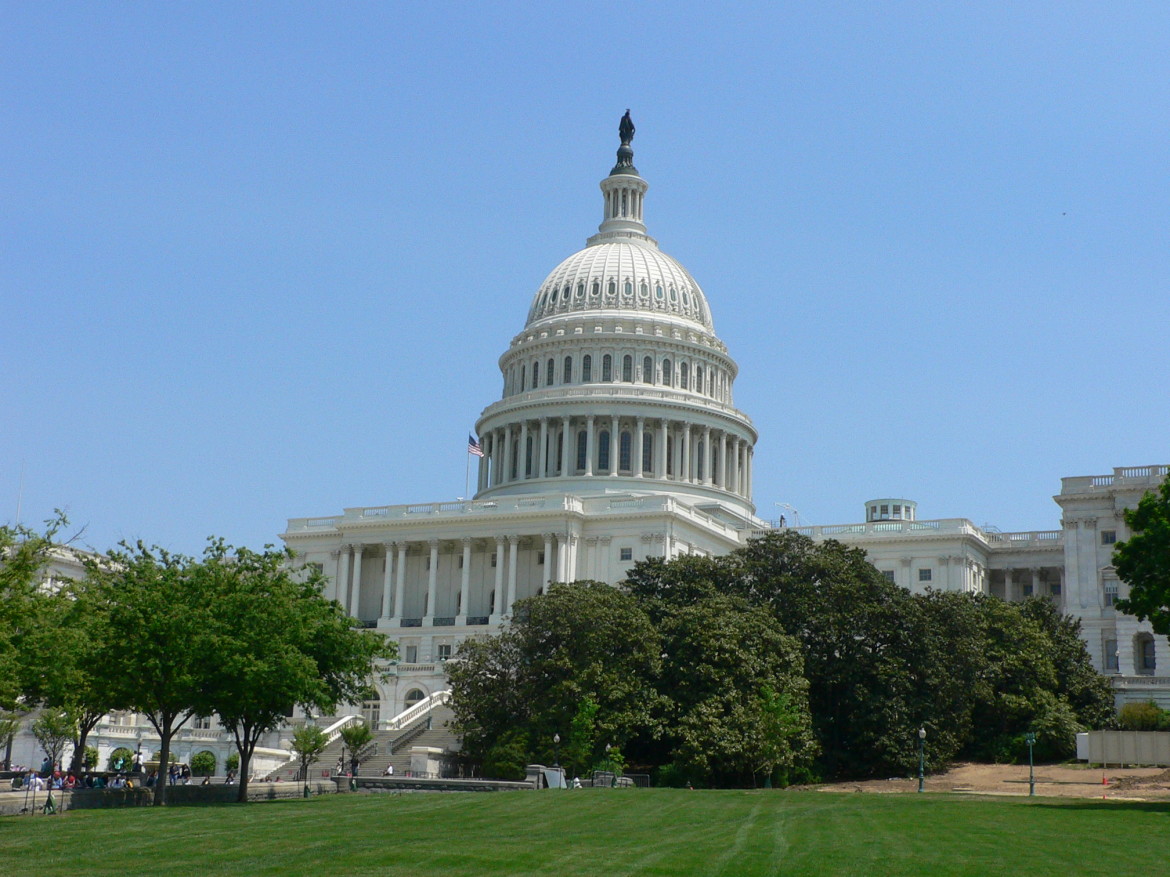
WASHINGTON — Advocates are hopeful a reauthorization of the key federal legislation that protects juveniles in state and local custody will be on the agenda when lawmakers return after Tuesday’s election.
A lame duck session is scheduled to begin next week, and lawmakers will have to contend with must-pass items, such as a budget deal to fund the federal government.
But supporters of dozens of other issues also will be lobbying hard for their priorities to make the cut before the legislative session expires. The list includes an update to the Juvenile Justice Delinquency and Prevention Act, a law that sets standards for the treatment of juveniles that states follow to qualify for federal funding.
The House passed a reauthorization bill, the Supporting Youth Opportunity and Preventing Delinquency Act (HR 5963), by a vote of 382-29 in September. Now, supporters will be watching the Senate closely to see if the bill can reach the floor there.
“There should be no more excuses. This needs to get done,” said Marcy Mistrett, co-chair of the Act4JJ Coalition, which represents more than 180 national youth development and juvenile justice organizations, in an emailed statement.
Mistrett pointed to the strong, bipartisan House vote, the backing of a wide variety of stakeholders, the evidence-based policies included in the bill and strong support in the Senate as evidence for why the bill should move forward.
“There is no reason this law can't pass in the lame duck. Everything is aligned,” said Mistrett, who also is CEO of the Campaign for Youth Justice.
A Senate version of the reauthorization (S 1169) stalled early in 2016 after Sen. Tom Cotton, R-Arkansas, objected to a provision that would eliminate judges’ ability to send juveniles to lockup for status offenses.
The JJDPA prohibits the use of lockup for status offenses — actions such as truancy or running away from home that are only considered offenses because of the juvenile’s age — unless a judge issues a valid court order.
A spokeswoman for Cotton said he is concerned that the reauthorization proposals would eliminate judges’ ability to order secure confinement “in instances where a status offender openly flouts the judge’s order for him to enter rehabilitation, counseling, or take part in other treatment and services.”
“In such circumstances it is prudent to allow states to determine if their judges — often in consultation with the parents and attorneys involved — should have the discretion to order secure confinement as a last-resort option to ensure that the juvenile receives the help he needs,” she said.
Though the House and Senate bills differ slightly, senators championing the bill have indicated they will support the lower chamber’s version.
However, because of Cotton’s objection the bill cannot pass by a fast-track procedure that requires the unanimous consent of all senators. Instead it would have to move to the floor as a stand-alone bill or be attached to another piece of legislation.
Details about if and how the bill would move are not expected to become clear until the election results are in.
The JJDPA has not been updated in 14 years. During that time, best practices in the juvenile justice field have shifted significantly — and need to be incorporated into the law, supporters say.
Among its provisions, the House JJDPA reauthorization would update core protections in the law, give states new tools to prevent delinquency and gang involvement, and provide guidance on curbing racial and ethnic disparities in the system.